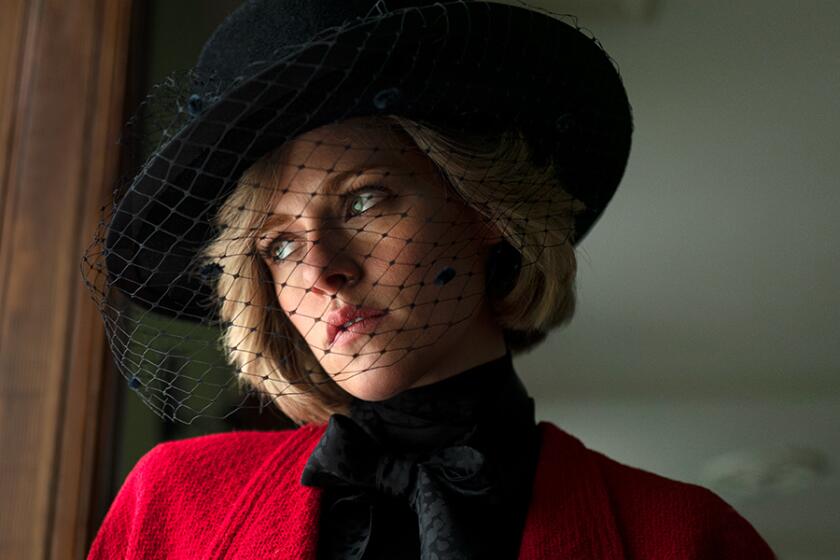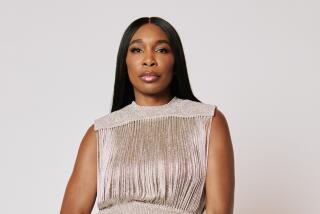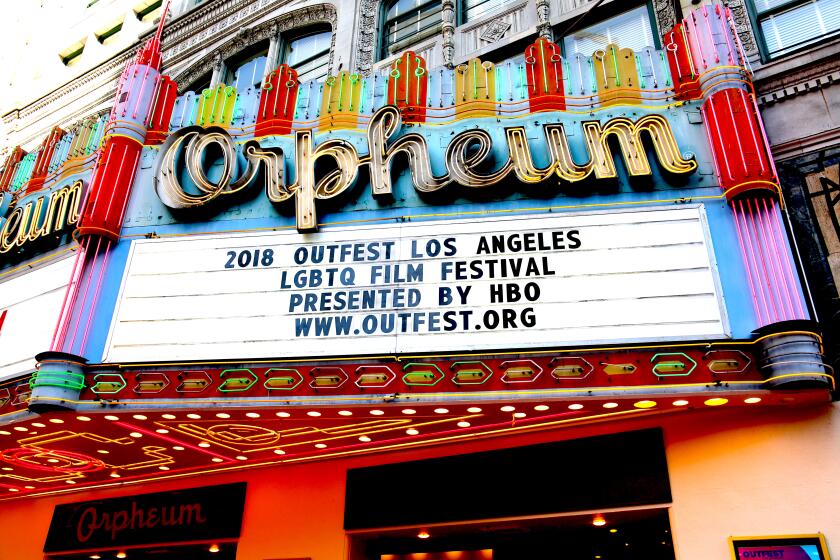How Will Smithâs âKing Richardâ reveals Venus and Serena Williamsâ dad as a sports hero
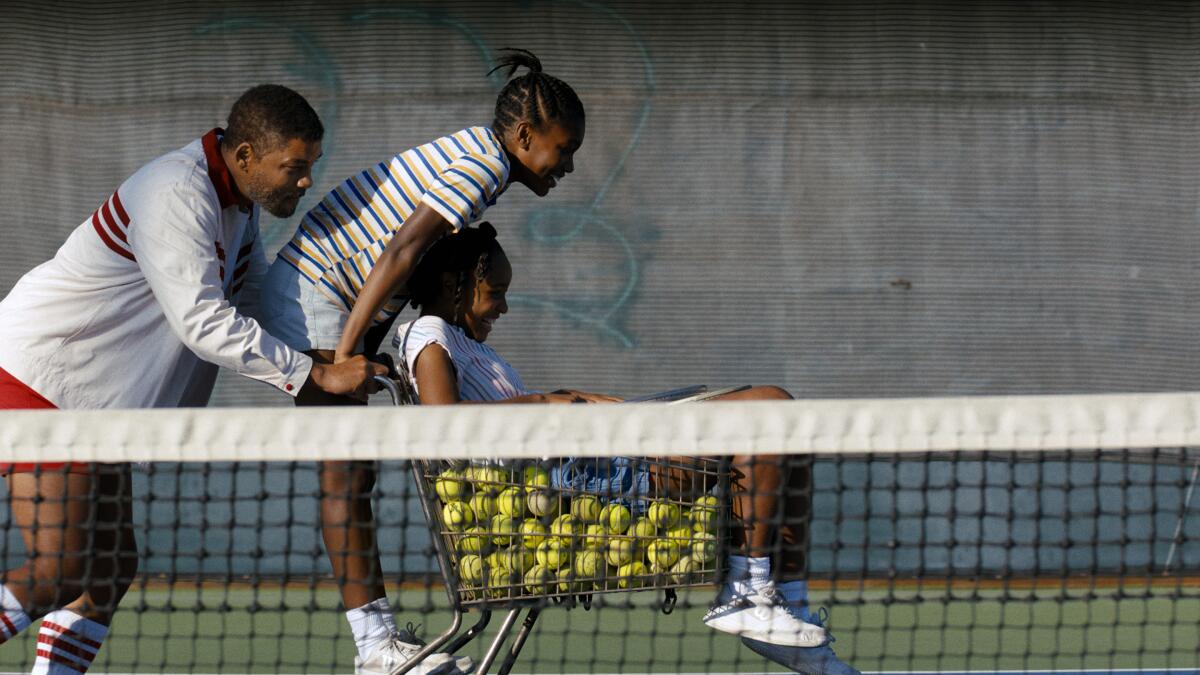
TELLURIDE, Colo. â The day after the Telluride Film Festivalâs world premiere of his new film âKing Richard,â which chronicles the improbable rise of Venus and Serena Williams to tennis greatness, director Reinaldo Marcus Green had the glow of a man whoâd just won a Grand Slam tournament match in straight sets.
Starring Will Smith as Richard Williams, who guided his daughters from the hardscrabble courts of Compton to the pinnacle of the tennis world, the rousing, feel-good film earned cheers at its first showing on Thursday evening. Within minutes of the lights going up, speculations about the awards prospects for the film, which will be released Nov. 19 in theaters and on HBO Max, were ricocheting across social media, with many predicting Smith will earn his third Oscar nomination for his performance as the stubbornly unconventional, hard-charging Williams.
âWill texted me this morning,â said Green, who made his feature debut with the 2018 drama âMonsters and Menâ and most recently directed this summerâs âJoe Bell.â âIt was a really cute text. He said, âApparently the movie is good!â â (Smith produced âKing Richardâ along with Isha Price, one of the sisters of Venus and Serena, who themselves served as executive producers.)
The Times sat down with Green to talk about bringing the Williamsesâ inspirational story to the screen and how he, as a former baseball player who twice tried out for the Major Leagues before eventually turning to directing, connected with the material.
Crowd-pleasing drama âKing Richardâ could earn Will Smith his first Oscar, playing the father of tennis superstars Venus and Serena Williams.
When you first read the script for âKing Richard,â what resonated with you about it?
Iâm the same age as Serena, I grew up an athlete and I had a very unconventional father, similar to Richard Williams. I spent the first third of my life on a baseball field, and my dad almost brainwashed us in a way, like, âYouâre going to love this thing.â I have an older brother whoâs a filmmaker, Rashaad Ernesto Green, and we grew up in a very similar neighborhood to Compton but on the East Coast. Our father shielded us from a lot of things that were happening in the community by using sports and education as a vessel.
There were so many similarities in our journeys. Obviously, theyâre two of the greatest players of all time, and I havenât quite gotten to that point. But we were certainly set on the same path.
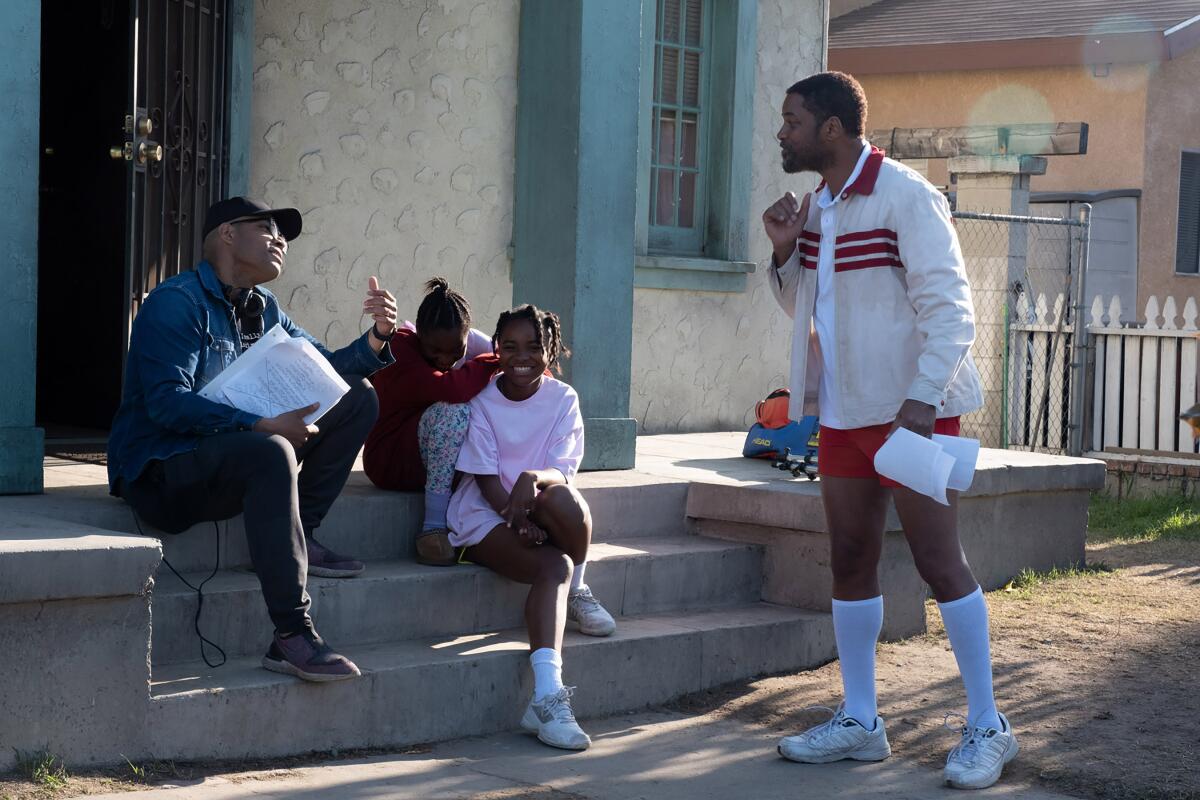
How familiar were you with the Williamsâ story going in?
I just knew the broad brushstrokes, like everybody else, and that was the thing: I wanted to kind of learn more than what was on the internet, and I wanted to make sure that the script really went there and that we discovered things in the film.
I think the biggest discovery for me in talking to them was how instrumental the whole family was. When they went to the court, all the sisters went; they were picking up balls, they were in the van, they were doing their homework. Mom was coaching and she was working full-time. It was a full family affair. I thought that made for a fascinating story, to really dive into those spaces that we didnât know about.
Because the Williams family is directly involved in the film, people might assume that some rough edges are sanded down and that the relationship Venus and Serena had with each other and their father may be more complicated than the authorized version we see on screen. How did that partnership work between you and the family?
Venus read the script many times and I sat with her and [Venus and Serenaâs mother] Oracene [played by Aunjanue Ellis] for hours in Florida, and Venus was talking very specifically about certain scenes. She was like, âSerena is the kind of sister that would skip her match to come see me practice. Thatâs who we are as a family, and thatâs whatâs most important to me. Dramatizing certain elements of our life is a no-go.â
Thatâs so important for me to hear as a filmmaker: Where are the boundaries? Where can we push? You know, you can love each other and still be competitive. There were no holds barred but they were like, âWe just want you to be truthful about what is representing us. We donât want any embellishments for the sake of dramatic license.â
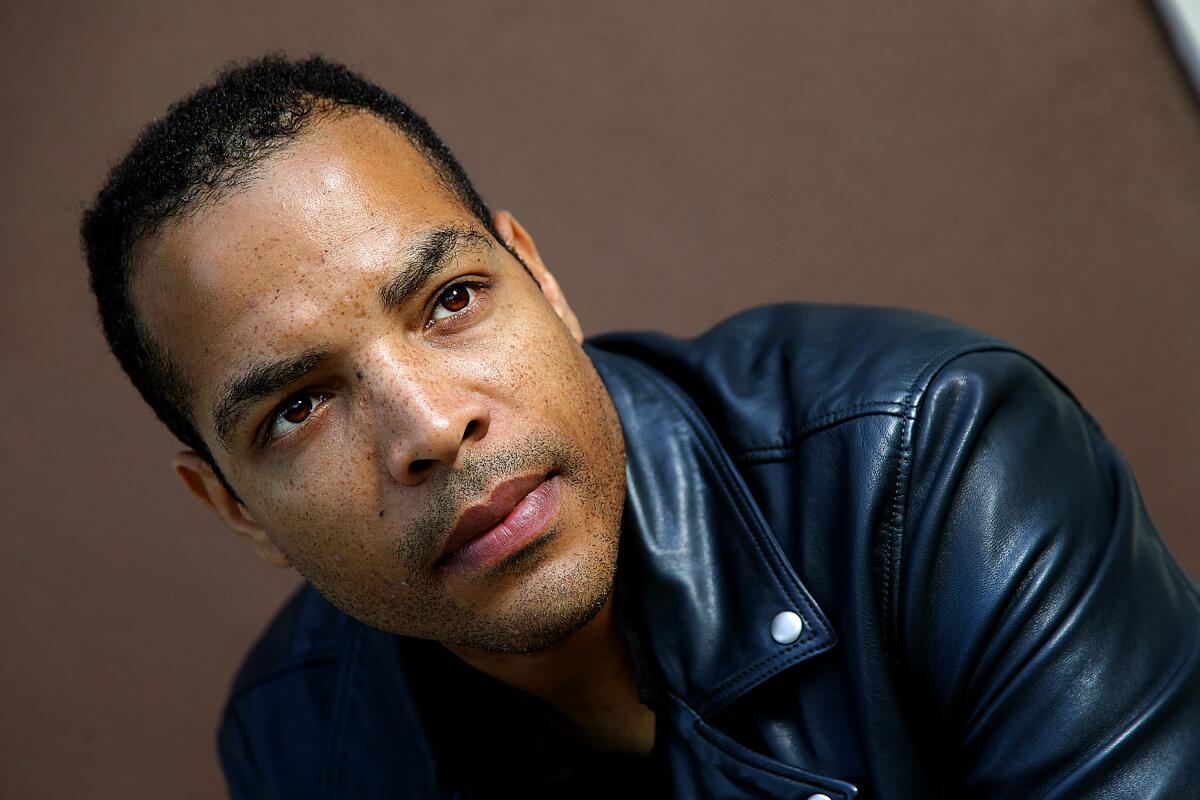
Did you ever meet Richard Williams?
I never met with Richard. I really wanted to but I was told that his health was not great and he was battling some things at the time we were making the movie. I donât believe that Will ever met Richard either. It just was one of those things that just didnât come to fruition.
But we met with both Venus and Serena and Oracene separately and Isha as a producer was really our conduit into all the other stories. Lyndrea, whoâs one of the other sisters, was also a costumer on our project. It was great to have the balance of having family members who knew what it was like growing up in Compton at a particular time in history.
How did you get Saniyya Sidney, who plays Venus, and Demi Singleton, who plays Serena, to the point where they believably looked like future world-class tennis players?
We enlisted one of Venus and Serenaâs tennis coaches from the time they were little, someone they played with by the name of Eric Taino, and he trained with Saniyya and Demi three or four times a week for more than six months. A lot of it was just footwork and holding the racket, just learning how to do strokes. They did a lot of work without the ball. It was really all about form.
But in terms of performance, the movie is not about tennis â itâs about what youâre feeling as a young girl when you step on the court for the first time. What is it like being out there alone? I donât think thereâs another sport quite like tennis, where youâre truly on an island. We did a lot of work there.
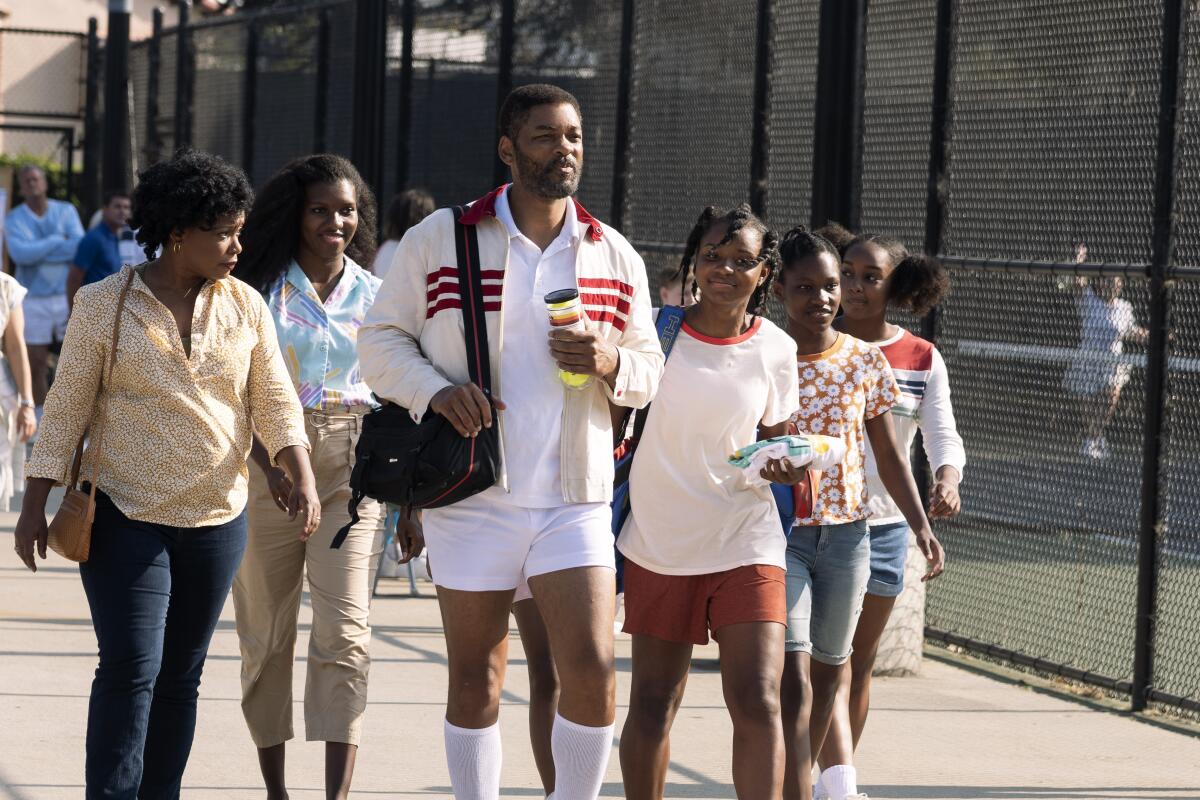
You take advantage of Willâs charisma and natural comedic chops in this movie but he really disappears physically into this role in a way we havenât often seen him do in his career.
There were definitely a lot of discussions with the studio about how far do you go with that. I said, âLook, people are going to the movie to see Will Smith but we want to do something that offsets his look and that grounds him in this role.â We had to find the balance. So yeah, thereâs mild prosthetics and he gained a little bit of weight for the film. I think he had a lot of fun eating muffins and enjoying that process.
Will is a father of a daughter, and he just knew right away what that was like and he was very vulnerable in this film. Heâd get choked up talking about certain scenes. We completely bonded as parents and that was something we clicked on.
Richard comes across in the film as a complicated figure. Heâs trying to protect his kidsâ childhood but at the same time heâs relentlessly pushing them to be champions. He wants them to remain humble but heâs constantly telling them that theyâre going to be the best in the world. How did you approach those contradictions?
That was the one thing that Will and I discussed in the beginning: We want it to be complicated, otherwise itâs not really a character. What makes him complicated is that he is unpredictable. He could go into a meeting and pass gas as a defense mechanism because he was nervous. Was he doing it all for himself or was he doing it for the girls?
Nobodyâs perfect. But the thing that I know for sure in learning about Richard was that he loved those girls and he gave them time. Richard Williams and Oracene Price gave those kids time and their full-time job was making sure that those kids had a life.
Standout performances give the Telluride Film Festival new life: Kristen Stewart in âSpencer,â Peter Dinklage in âCyrano,â Will Smith in âKing Richardâ and Simon Rex in âRed Rocket.â
Obviously not everyone can grow up to reach the heights of Venus and Serena Williams. But what do you hope audiences, particularly from underprivileged backgrounds, take away from the movie?
Look, I think anything is possible if you have self-belief and self-determination. My whole life Iâve been told no. I was told not to go to film school. I was told not to go to South Africa and make my short film [2014âs âStone Carsâ], which ended up going to Cannes and playing at Telluride. I went to a public high school with over 3,000 kids, and there are guys I played football with who are dead or in prison.
Iâve gone through that experience myself so I know what itâs like. But I also know what itâs like to have a father that gave love to his kids. I think the message is, if you believe in yourself and you find the right mentors, you can do great things in this life.
More to Read
Only good movies
Get the Indie Focus newsletter, Mark Olsen's weekly guide to the world of cinema.
You may occasionally receive promotional content from the Los Angeles Times.

